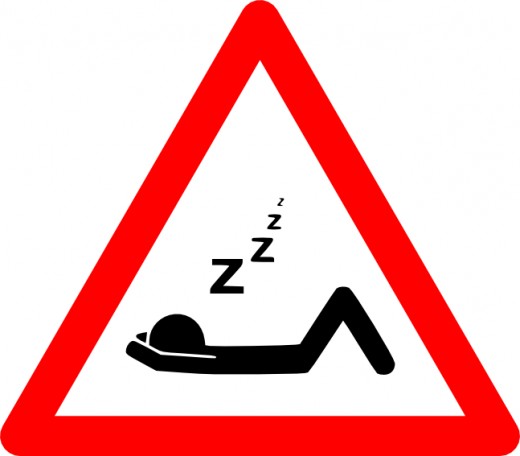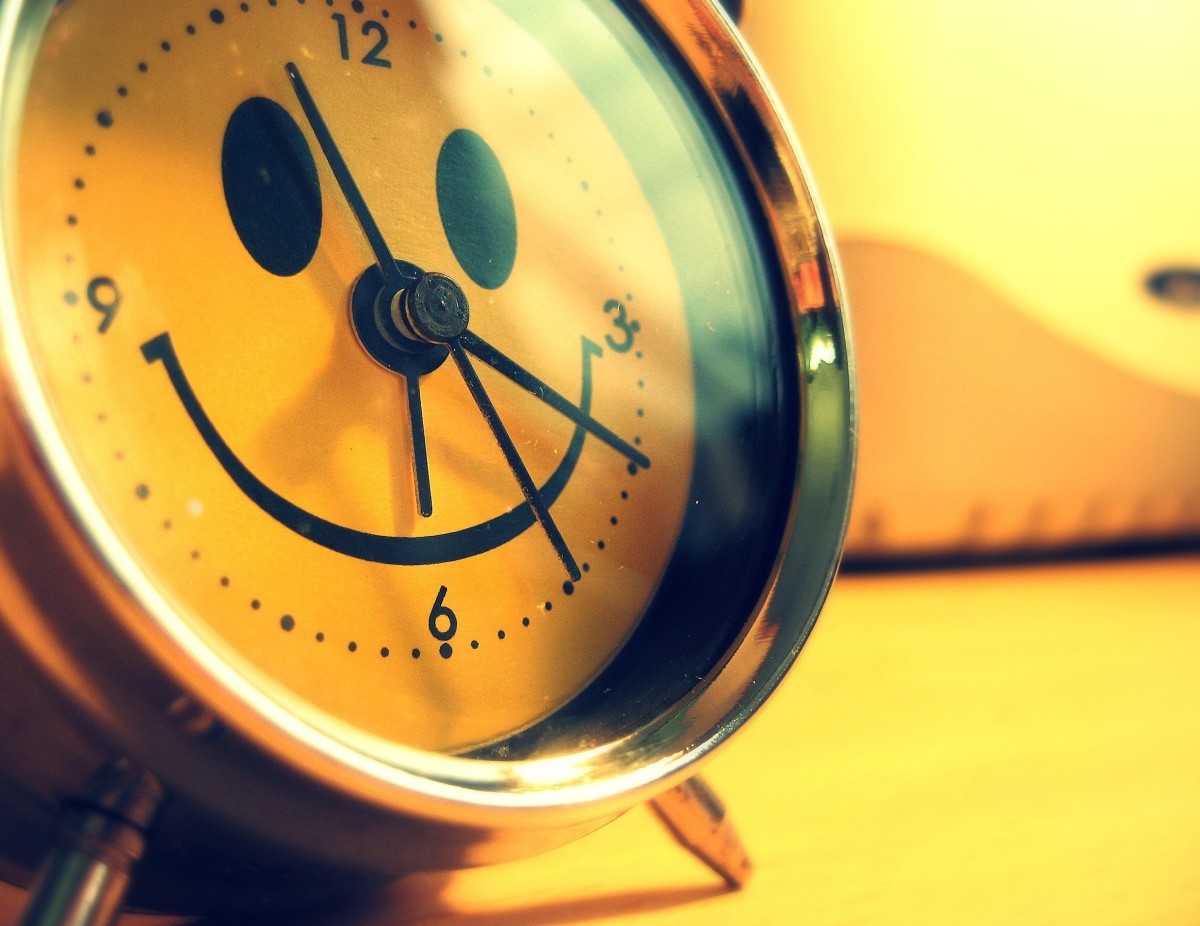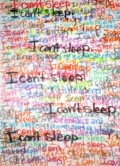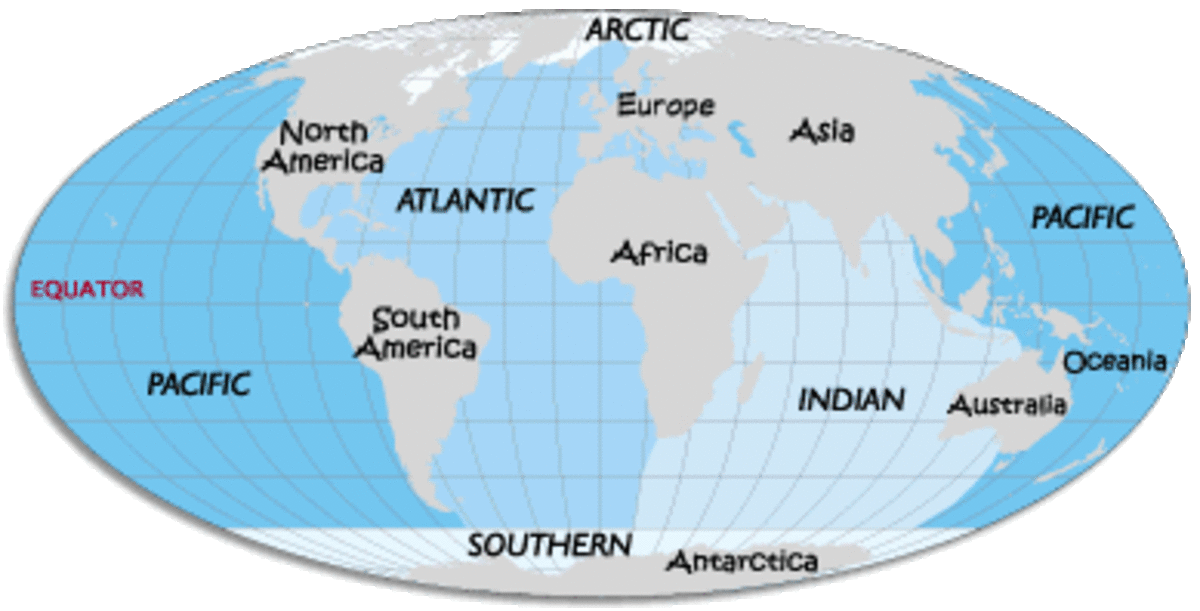Is Sleep Bad for Us?
Sleep

Eight Hours
Obviously sleep itself is not bad for us but when we sleep possibly is.
Today over 30% of problems that Doctors are faced with are sleep related, yet no part of a Doctor’s training deals with this and there are very few medical institutes that study the problems of sleep.
If there is a problem with the way we sleep then that could account for the increases in stress, depression, alcoholism and drug abuse.
Sleep psychologist Dr. Gregg Jacobs suggests that a rest period between sleeps, allows people to rest, relax and consider their dreams which is in turn a natural reducer of stress.
Pray

History
Our history, in accounts from Homer right up to 17th Century nearly all make mention of a first and second sleep. Only more recently perhaps incorrectly, has it been professed that sleeping a full 8 hours in one stretch is good for us.
In the 15th Century, prayer manuals contained special prayers for the period between sleeps. In France, a doctor’s manual from the 16th century advises couples that the best time to conceive, was the period between sleeps, it said that ”after the first sleep, it could be enjoyed more and couples could perform better”.
So, it would appear that in our past, people would first go to sleep for 3 or 4 hours, wake up for a couple of hours during which time they would relax reading, writing letters, have sex, talk or just ponder their dreams and then go back to sleep for another 3 or 4 hours.
Your Children

Myth
This would indicate that perhaps it is a myth that people need 8 hours undisturbed sleep daily.
What happened?
In 1667 Paris became the first city in the world to have its streets lit, however by the end of the century there were more than 50 major towns and cities in Europe that had their streets lit.
This meant that instead of staying in their houses between sleeps, people could venture out onto the streets which introduced businesses catering to peoples “night life”.
People then started to become “time conscious” and this feeling grew even further with the industrial revolution.
A medical journal from 1829 urged parents to force their children out of a pattern of first and second sleeps.
In the early 1990s an experiment was carried out by psychiatrist Thomas Wehr and in this experiment he confined some people into an environment that was in darkness for 14 hours a day. It took a little time for the people to fall into any kind of routine but by week four all the people had a routine of sleeping for 4 hours, waking for one or two hours then returning to sleep for a further 4 hours. Although the scientific world was impressed with the experiment, its results were not really promoted to the general public.
So all this would indicate that it would perhaps be healthier for us to allow our bodies to do what would come naturally to them, taking two sleeps with a couple of hours break between. However, this would not go down well in our overly commercialized modern society. Perhaps television could help us for once?
What would happen if television channels started to target two hours in the middle of the night for their “prime time” programming? Would we all become healthier?
- 6.9 Million New Cures?
The medicines and cures we have today, mainly came from plants or animals. How many new cures could we have if we new all the estimated 6.9 million, as yet undiscovered species? - Medicine of the Gods
Not only did the Chinese know of acupuncture, but so did tribes in Africa and America. Who taught them? - What is a Famine?
Thousands of people starve to death daily, this is a fact. What though is a famine? Can a famine be avoided? - A New Black Death
New strains of flu are found regularly but could this one be more deadly than the plague? With a mortality rate of 60%, perhaps.What can we do?








